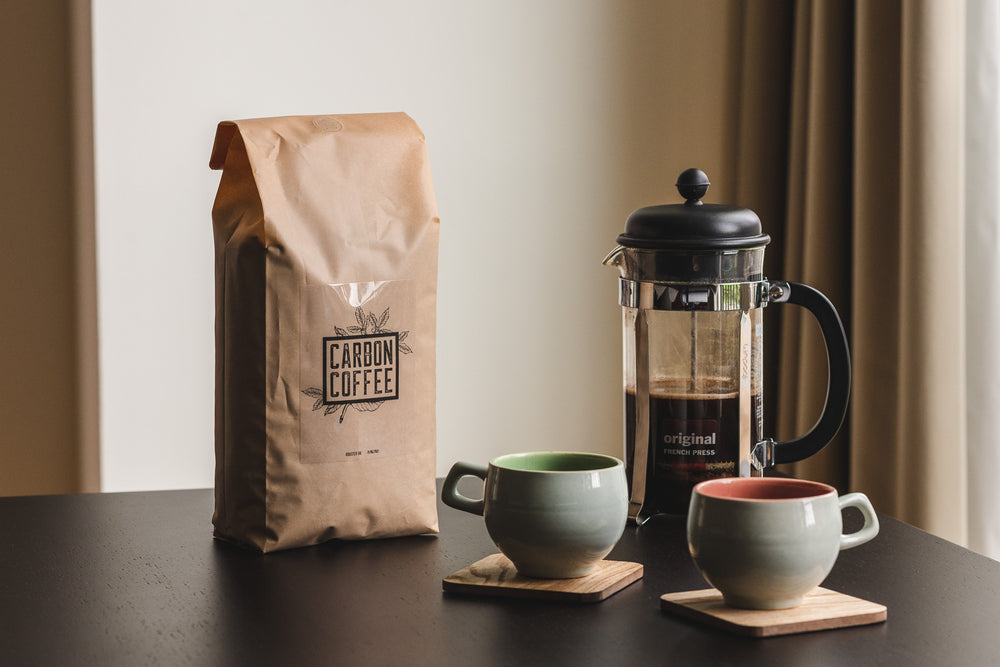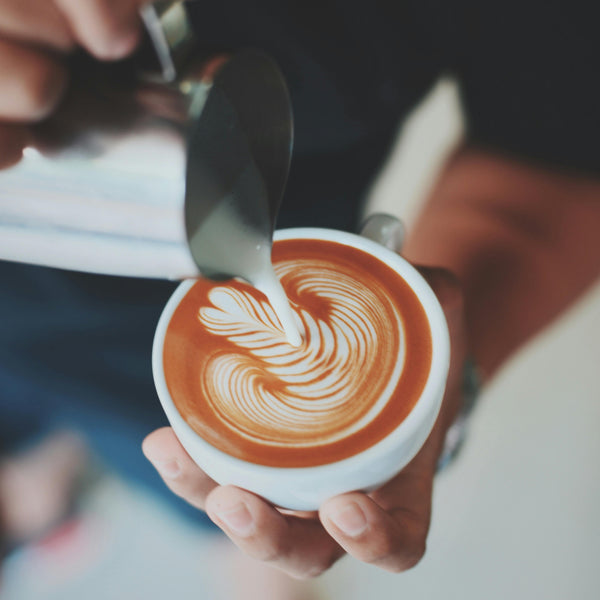We love a good debate here at Presto and a favoured topic among die-hard hot beverages fans is which has more caffeine tea or coffee?
There’s not necessarily an easy answer to this, either, as there are so many variations to be considered. There’s white tea, green tea, fruit teas, there’s espressos, cold brews, percolated coffee, etc. All these variations have differing amounts of caffeine in them.
Nonetheless, we are determined to get to the bottom of this so that next time it comes up at a dinner party you (and we) are ready with the winning answer.
Here we go…
What is caffeine and why do we care?
First, let’s just take a quick dive into what caffeine actually is.
Caffeine is a chemical compound that stimulates the central nervous system in the body keeping you alert and fighting tiredness. It is found naturally in tea, coffee, and cacao plants.
It is believed to have been discovered by an Ethiopian shepherd who began to notice his goats had far more energy after eating coffee plants (which is a story we love).
Caffeine is one of the most commonly used ingredients in the world now and can also be found in many soft drinks.
While caffeine should not be consumed in high quantities daily, a moderate amount has been shown to be beneficial and help cognitive function as well as performance.
The negative sides of caffeine are spoken about a lot, its addictive quality, side effects of reducing caffeine intake, etc, and it is important to be mindful when it comes to your consumption of caffeine.
The recommended daily intake of caffeine is no more than 400mg.
This is why it’s important to be aware of how much caffeine is in your tea or coffee, and why the debate rages on.
So, let’s get down to the question at hand: what has more caffeine tea, or coffee?
Tea Leaves vs Coffee Beans
If we look at the base product for tea and coffee, the leaves and beans respectively, then the answer is a fairly simple one:
There is more naturally occurring caffeine in tea leaves (which come from the camellia sinensis plant) than there are in either of the two types of coffee beans (coffea arabica and coffea robusta plants).
Coffee beans have about a 1-2% caffeine content whereas tea leaves have a 3.5% caffeine content. That’s a pretty big difference really.
However, no one gets up in the morning and says, ‘Right, time to have a munch on some tea leaves, or crunch up a couple of Whole Bean Coffee’ now do they!
So, let’s start to get into the nitty-gritty of which home brew provides the bigger dose of caffeine.
Brewed Coffee vs Brewed Tea
Surprisingly, when you brew tea and coffee the caffeine content flips and there is actually more caffeine in a cup of coffee than there is in a cup of tea. About two times the amount of caffeine in fact.
Why is this?
There are a couple of reasons why there is such a difference. The first being coffee is generally brewed stronger than tea. You also use more ground coffee than you do tea leaves to make your cuppa.
Another reason is coffee is brewed at a higher temperature than most teas, especially green and white tea, which has a big impact on the caffeine content.
Coffee is also fresher than tea when used, and age also has a big impact on caffeine content.
Caffeine Levels Vary
Caffeine levels do vary greatly, though, particularly between your different types of tea.
White, green, and black tea, for example, all come from the same plant but have very different caffeine levels when brewed.
Let’s have a quick comparison:
- Black tea has between 14mg to 70mg of caffeine
- White tea has between 6mg to 60mg
- Green tea has between 24mg to 45mg
- Coffee has between 95mg to 200mg
Brewing times do make a big difference too. A cup of Earl Grey, for example, will have 40mg of caffeine after 1 minute of steeping, but 59mg of caffeine after 3 minutes.
Similarly, cold brew coffee tends to have more caffeine than your normal espresso. (link?)
Is tea or coffee bad for you?
While you definitely want to keep your caffeine intake below 400mg per day this doesn’t mean that either tea or coffee is bad for you.
As we’ve mentioned above, there are actually some benefits to consuming caffeine.
On top of that, there are many studies that show coffee and tea both have some other great healthy nutrients and benefits too.
Coffee is a great source of B vitamins as well as magnesium and potassium, and some studies show that drinking coffee in moderation can help fight against degenerative diseases like Parkinson’s and Dementia.
Tea, similarly, has some great health-enhancing qualities. Tea is full of antioxidants that can be great for boosting heart health, improving gut health, lowering bad cholesterol, as well as a whole host of other benefits.
The bottom line is, while there is a fair amount of caffeine in both coffee and tea, drinking them in moderation can be very good for you. Now we’ll drink (a nice cup of Presto coffee!) to that.
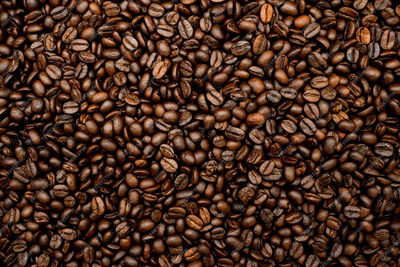
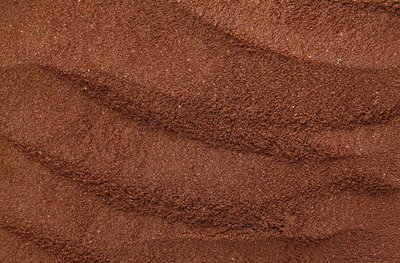
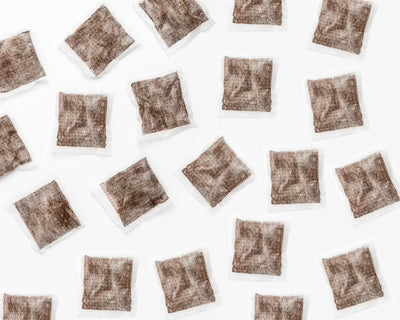
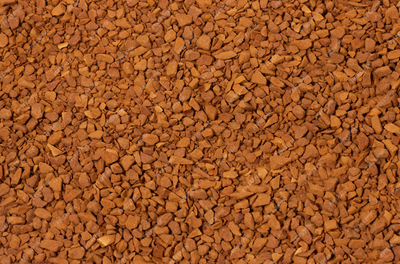
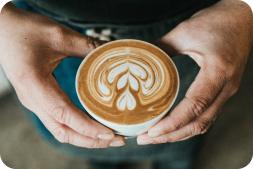

 Log in
Log in